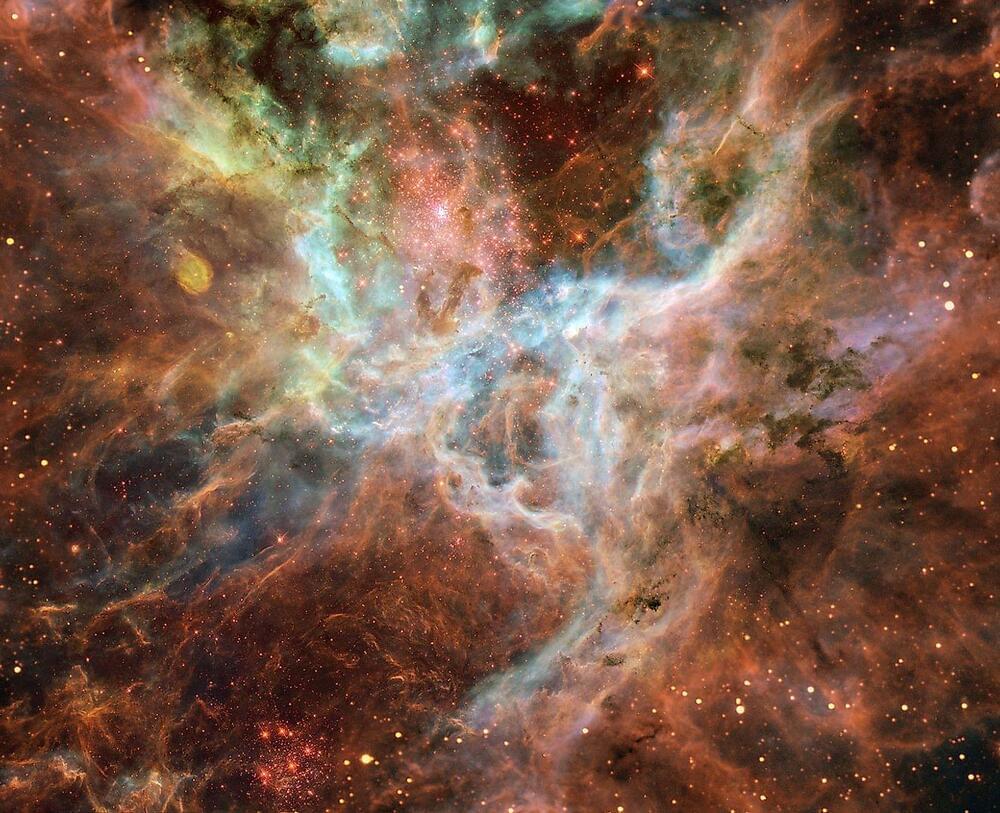The second law of thermodynamics explains why some events in nature can never run in reverse, despite the fact that they do not violate other laws of physics. For example, you can crack an egg, yet that cracked egg will never spontaneously put itself back together. Interestingly, if an egg were to uncrack itself, it would not violate the conservation of energy, which states that the total energy content of a system must always remain the same. Obviously eggs don’t randomly put themselves back together, and many other events usually only move in one direction. The second law of thermodynamics explains why this occurs through the concept of entropy. Entropy can be thought of as a measure of disorder. If your room is messy, you can say it has high entropy. If your room is tidy, it has low entropy. The second law of thermodynamics states that the total amount of entropy in a closed system will always increase. Thus, the total amount of disorder in the universe will always increase. Although some processes do go from a high entropy state to a low entropy state, interactions with the environment will always result in a net increase of entropy. For example, a living organism is fairly organized, and so it would have low entropy. However, the way that organism interacts with its environment will increase the total amount of entropy. The second law explains why some events, such as uncracking an egg, can never occur because the total amount of entropy must always be increasing. Entropy also explains how heat moves from warm objects to cold objects. When you leave your coffee out for too long, it inevitably gets colder. That’s because heat can only move from hot to cold, and never in reverse. This occurs because entropy must always increase.
The concept of entropy, and the fact that most things in the universe only occur in one direction, has interesting implications for the flow of time. Time is a poorly understood aspect of our universe. Even the smartest scientists have a hard time providing a good definition for what time actually is. We humans generally perceive time as the passage of events. The past is composed of events that once occurred, the present is events that are occurring, and the future is events that have yet to occur. However, why does time seem to only flow in one direction? As far as scientists know, there are no laws of physics that state time must always move forward. Time obviously only runs in one direction, a concept called the arrow of time. The second law of thermodynamics may actually provide a reason for why there seems to be an arrow of time. Since entropy and disorder must always increase as a whole in the cosmos, events will only occur in one direction, and never in reverse.
